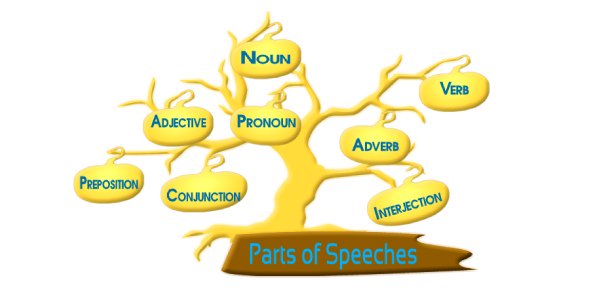English is now spoken in many parts of the world and it owes its widespread use to the fact that it is one of the most progressive of modern languages. The language was first spoken by many tribes in Denmark and Northern Germany and was introduced to England when these clans settled in this country in the 5th and 6th centuries.
The majority of the words in English are of Anglo-Saxon origin but, with the progress of civilisation and a continuous contact with other countries, many words are now in common use, which have their origin in languages such as Latin, Greek, Celtic, French, Dutch and German. Just to give an example, look at these three, very basic, English words and their similarity to the same word in other languages.
English German Dutch Danish
Mother Mutter Moeder Moder
Father Vater Vader Fader
Brother Bruder Broeder Broder
In English, words are classified as parts of speech and are named according to their functions. These are the main classes and word families:
1. Noun – this is the name of a person, animal, place or thing (for example Tom, tiger, New York, table).
2. Verb – this is a word which generally describes an action – “doing something” (for example eat, write, sleep).
3. Pronoun – this is a word which takes the place of a noun (for example he, she, they).
4. Adjective – this is a word which describes the noun or pronoun (for example big, red, good, intelligent).
5. Adverb – this is a word which describes or modifies the verb (for example quickly, before, here).
6. Preposition – this word shows the relation between one thing and another (for example with, in, on, against).
7. Conjunction – this word is used to join words and clauses (for example but, and, however).
8. Exclamation or Interjection – this is a word which expresses a sudden emotion (for example Oh!, Stop!)
Courtesy of Elanguest Language School


 Clap
Clap
